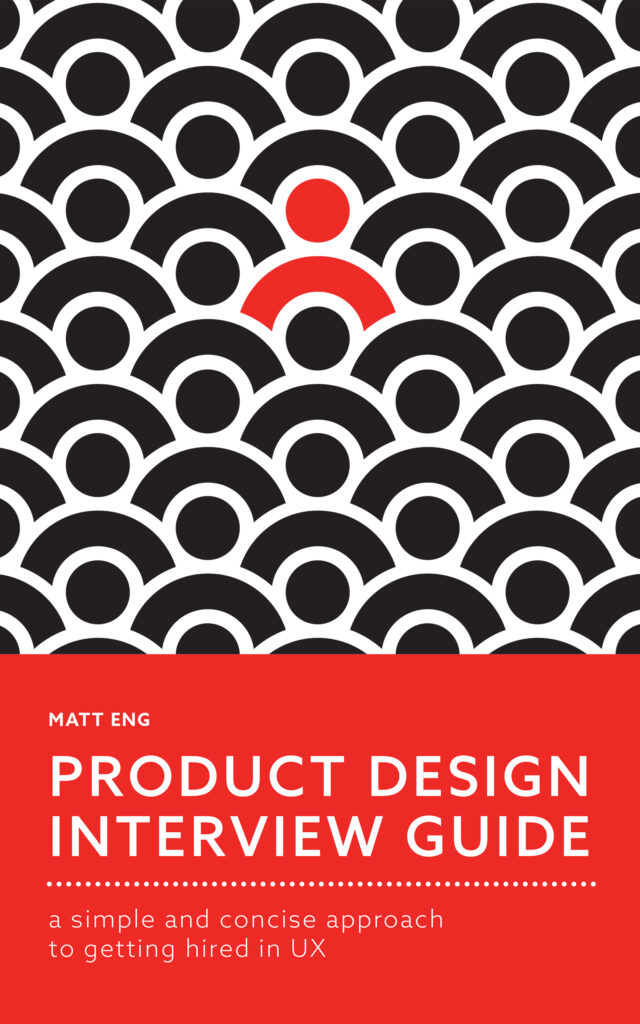When I started out on a product team on a startup, the team and I were just beginning to understand the meaning of UX. The industry would still go on to debate its definition. Nonetheless, the immediate concern was how I could contribute to designing and building the product. New to my career, I could not afford to debate between UX generalist or specialist. I had to get screens to my developers.
Advantages of a UX generalist
1. Rapid skill building
The product team needs someone who can define the experience for development. They might not specifically ask for that, but they will expect a lot of the design decisions figured out. Your work then will span discovery, research, IA, interaction, visual, and in some cases motion.
[vc_cta h2=”Get Updates and Insights in your Inbox ” add_button=”right” btn_title=”Sign up” btn_color=”purple” btn_size=”lg” css_animation=”fadeIn” btn_link=”url:http%3A%2F%2Ftapswipeclick.com%2Findex.php%2Fux-bender-newsletter-sign%2F|||”]Working hard to bring the latest on the UX Industry to you. Sign up for interviews, recommendations, insights and tips to your inbox.[/vc_cta]I refused a request based off of my perceived lack of ability or experience, but I did ask for a little time to figure out how to show them. I would then race home to absorb as many tutorials as I could find.
2. Broader career opportunities
Once you start learning these new skill sets you will become more valuable to your team. The industry is looking for those to fill vacancies in smaller companies who be flexible and fill all of their design needs.
3. Deeper understanding of the UX process
In these smaller companies, you will most likely be part of a small team (if not the only designer). This will be stressful at first, but it will push you to learn the UX process, and how you can provide value.
4. View design at a system level
As a UX generalist for a smaller company, you will not have the luxury of owning a small part of the product. You will be responsible for the whole thing. Every decision you make should make sense at a system level.
Know when to specialize
As you increase your exposure to the UX process and over the product ecosystem, you will start to realize where your passions are. I thought I was a pretty solid generalist. It was not until I worked with legitimate visual designers that I realized my skills lacked heavily in this area. My interests and passions fell more on the research and interaction.
Being a UX generalist in the beginning of my career helped me internalize the UX process and better understand how the product design work. By starting out with such broad exposure, I eventually learned where I could best contribute my skills, where I should specialize, and what I need to continue studying.
Further reading
Here are some resources that helped me starting out.
The User Experience Team of One: A Research and Design Survival Guide
User Story Mapping: Discover the Whole Story, Build the Right Product
Learn about Agile and UX design here.
Learn more from UX designers and researchers on their career start.
Missy Yarbrough on finding her first UX position
Srikant Chari on starting in UX researcher
Denny Kim on struggles getting the first job

